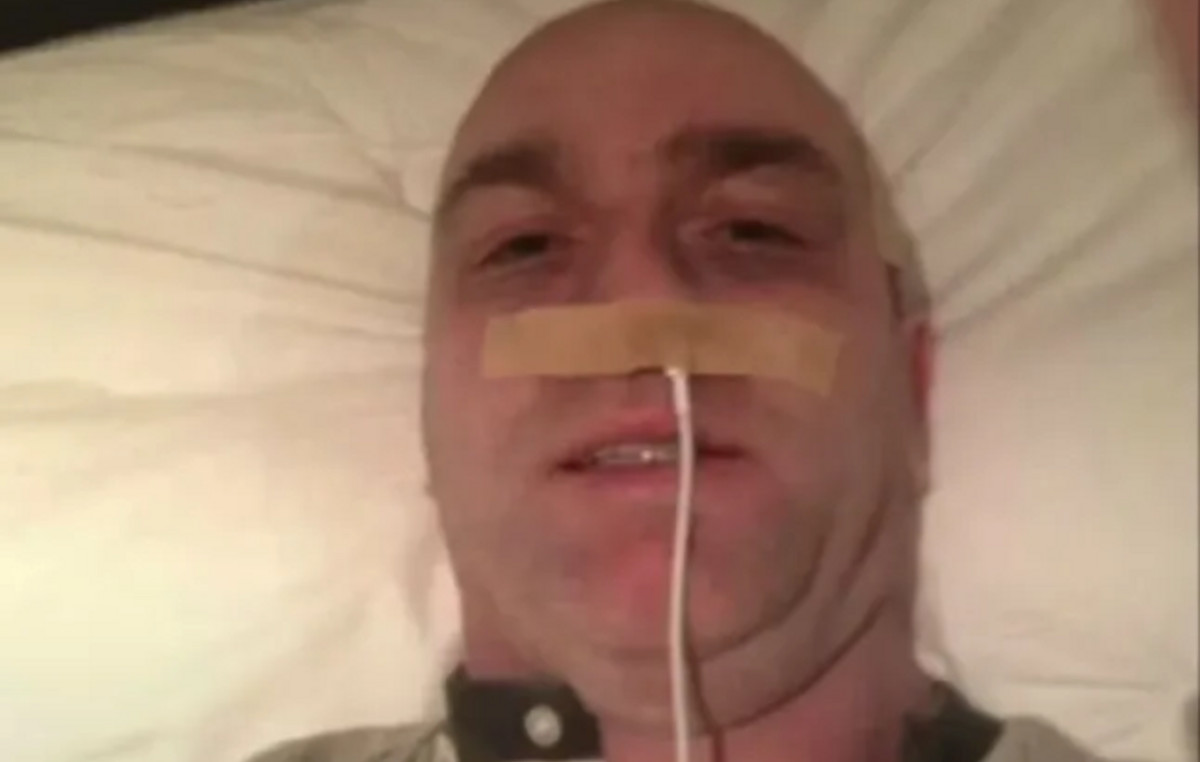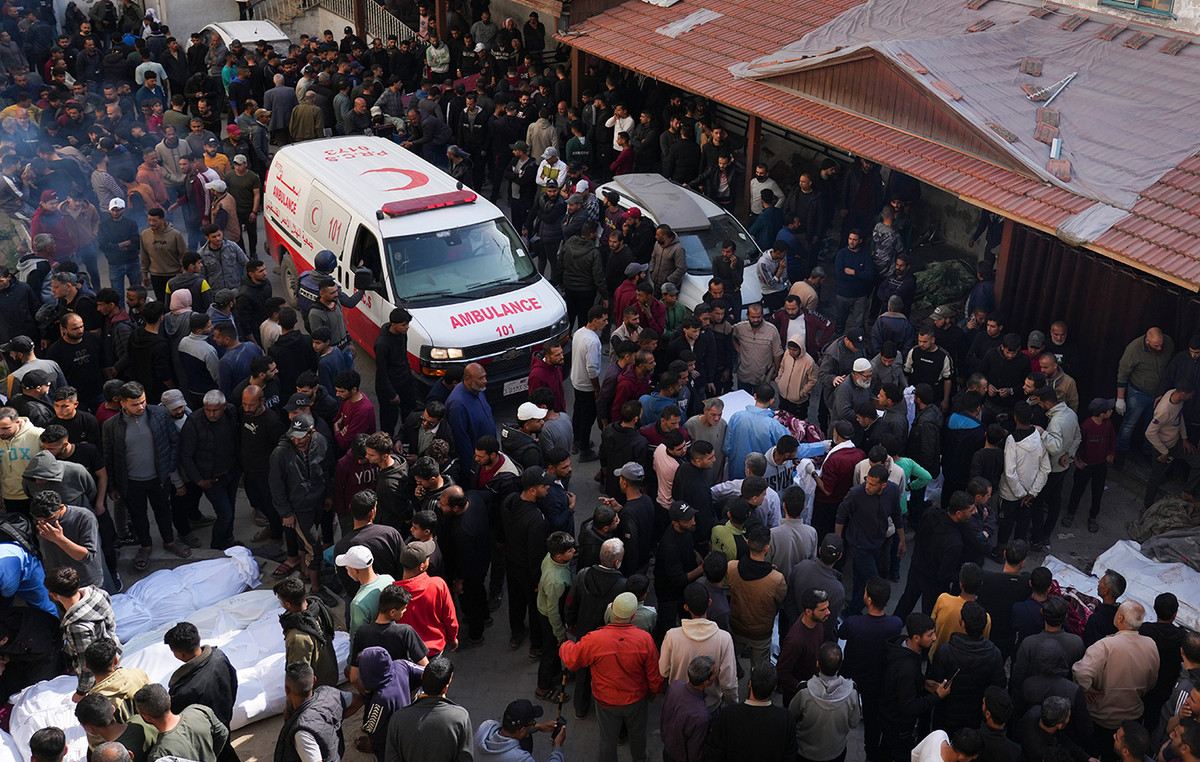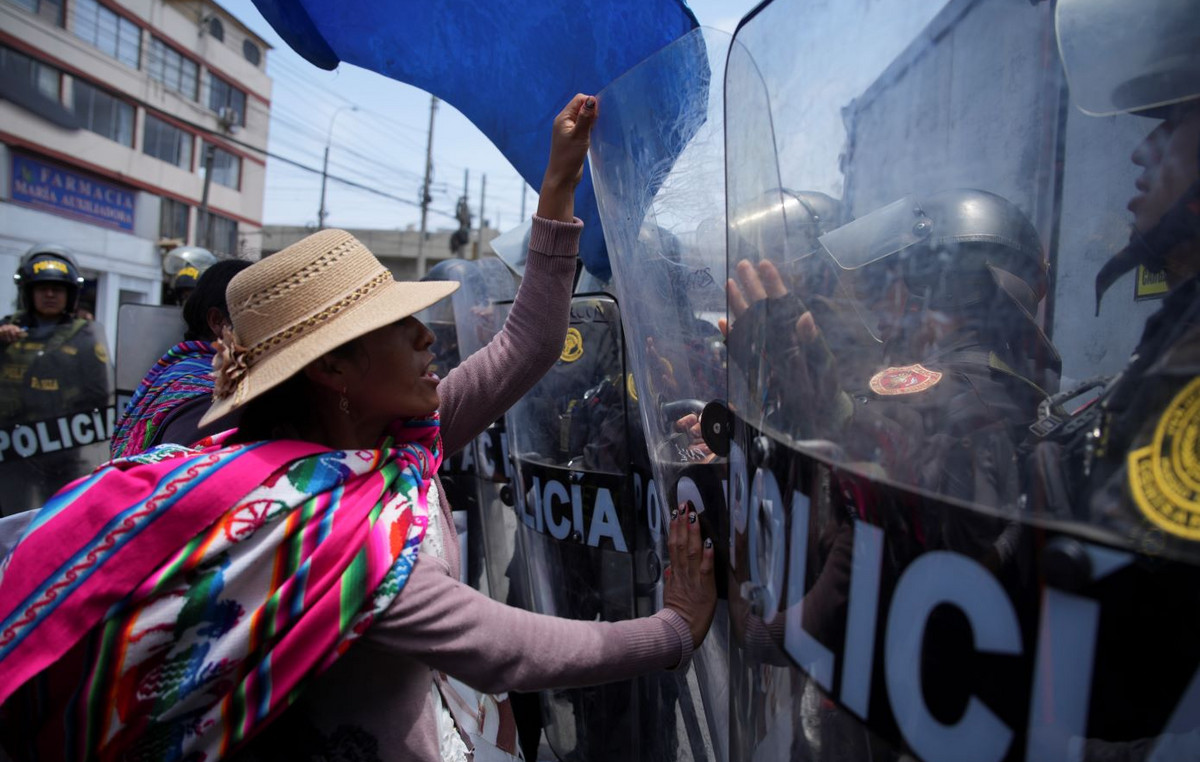the beginning of vaccination against Covid-19 in Brazil completed one year this month. Currently, four types of vaccines against the disease are authorized for application in the country: AstraZeneca, Pfizer, Janssen and Coronavac.
As the immunizers available free of charge through the Unified Health System (SUS) have different vaccination schemes, it is common to have doubts about the amount of recommended doses.
The number of doses is recommended by the Ministry of Health, after authorization by the National Health Surveillance Agency (Anvisa), based on scientific evidence of increased and maintenance of immunity and protection against the disease.
booster shots

Advances in scientific knowledge about the immunity generated by vaccines revealed that protection tends to decrease over time, between six and eight months after the application of the two initial doses.
To rescue prevention against aggravation and death from the infection caused by the coronavirus, the scientific community has reached a consensus on the importance of applying booster doses.
Studies show that this strategy increases the immune response and increases protection against severe cases and deaths from the coronavirus by more than five times.
The definition of the public eligible to receive booster doses is made by the Ministry of Health, based on Anvisa’s recommendation. THE public able to receive booster doses has been expanded throughout the pandemic according to new scientific evidence that suggest the benefit of additional applications.
According to the ministry, the recommendations were made based on research that demonstrates that the ability to generate an immune response, called immunogenicity, after applying heterologous booster doses, with a different combination of vaccines against Covid-19, was adequate and superior. to regimens without booster doses.
See below the current classification of the vaccination schedule according to the recommendation of the National Plan for the Operationalization of Vaccination against Covid-19 (PNO) of the Ministry of Health .
A booster dose (three total doses)
The Ministry of Health advises that a booster shot recommended for people between 5 and 39 years old should be applied four months after second dose or single dose .
The immunizers recommended for booster doses in people from 18 years old of age are from Pfizer, AstraZeneca or Janssen.
for children of 5 to 11 years Pfizer’s pediatric vaccine should be used.
for teenagers between 12 and 17 years old , the Pfizer vaccine should preferably be used. If not available, Coronavac can be used.
must receive a booster shot people immunized with Pfizer, AstraZeneca and Coronavac vaccines:
- aged between 5 and 39 years
Two booster doses (five total doses)
The second booster dose, at the moment, is recommended by the Ministry of Health for the population from 40 years of age and for health workers, regardless of age.
They should receive two booster doses, with four-month interval between each application people immunized with Pfizer, AstraZeneca and Coronavac vaccines:
- aged from 40 years;
- Health professionals.
Additional dose + booster doses (five doses total)
The vaccination schedule against Covid-19 for immunocompromised people is different from that of the general population. Find out why immunosuppressed people need additional doses of the vaccine .
Since January 2022, the primary vaccination schedule of immunocompromised patients is now composed of three doses (Pfizer, AstraZeneca or Coronavac) . The recommended scheme is two doses + additional dose with eight weeks of interval between the doses, being that the minimum interval accepted between the doses is of four weeks.
The National Plan for the Operationalization of Vaccination against Covid-19 (PNO) emphasizes that the Booster doses are also recommended for the immunocompromised. with an interval from four months after the additional dose.
must receive four shots (two doses + one additional + one booster ) people from 12 to 39 years :
- with severe primary immunodeficiency;
- in chemotherapy for cancer;
- transplanted (solid organ or stem cell), who use immunosuppressive drugs;
- living with HIV/AIDS.
must receive five doses (two doses + one additional + two booster doses) people over 40 years old in the conditions of immunocompromise mentioned above.
Scheme for immunosuppressed

Janssen vaccination schedule

For those who started the vaccination schedule with Janssen single dose the recommendation is as follows: three boosters (or four total doses) for people with age equal to or greater than 40 years and health professionals and two boosters (or three total doses) for people ages 18 to 39 .
The first booster is applied two months after the beginning of the cycle and the others must follow the four-month interval. The Ministry of Health’s guidance is that AstraZeneca, Pfizer or Janssen’s own vaccines are also used.
They started the vaccination schedule with the Janssen single dose and must receive four shots :
- people over 40 years of age,
- Health professionals.
They started the vaccination schedule with the Janssen single dose and must receive three shots :
- people from 18 to 39 years old
Children between 6 months and under 5 years (two or three doses)
The primary vaccination scheme for children aged between 6 months and 4 years and 11 months has different numbers of doses, according to the vaccine. For the pediatric Pfizer vaccine, three doses are recommended. For Coronavac, it’s two shots.
— Pfizer baby: Pfizer’s vaccine for children between 6 months and 4 years old has a dosage and composition different from those used for previously approved age groups, which include people from 5 years old.
The vaccine formulation authorized by Anvisa must be applied in three doses of 0.2 mL (equivalent to 3 micrograms). The initial two doses should be given three weeks apart, followed by a third dose given at least eight weeks after the second dose.
— Coronavac: 3- and 4-year-old children who started the immunization schedule with the vaccine produced by the Butantan Institute must have the primary schedule completed with the same immunization, which has a regimen of two shots with an interval of 28 days.
So far, there is no recommendation from the Ministry of Health on the application of booster doses in children under 5 years of age.
Source: CNN Brasil
I am an experienced journalist and writer with a career in the news industry. My focus is on covering Top News stories for World Stock Market, where I provide comprehensive analysis and commentary on markets around the world. I have expertise in writing both long-form articles and shorter pieces that deliver timely, relevant updates to readers.






